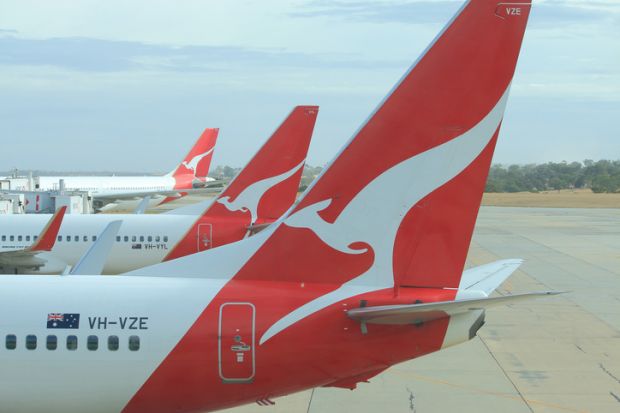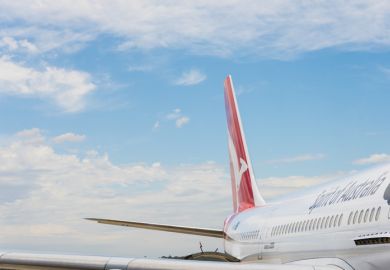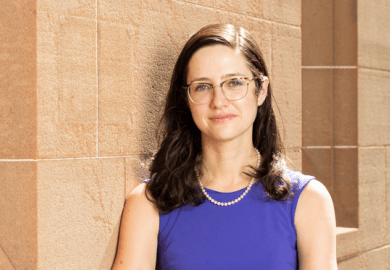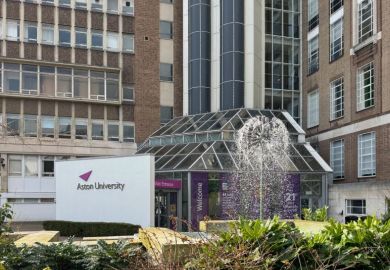International students in Australia are in a double bind, held responsible for cost pressures that make their own lives impossible.
An analysis of social media chatter has found that overseas students feel under fire for exacerbating a dearth of accommodation. “We’re hearing bad stories about students wanting to get into rental properties and being blamed…for the housing shortage,” said Jeffrey Smart, director of international education consultancy The Lygon Group.
“They’re really finding it difficult to find affordable housing. Their stipends are not keeping up with the cost of living.”
The quandary epitomises the wider community’s love-hate relationship with overseas students, often reflected in messaging from politicians attuned to community views. After Covid border restrictions kept students out for 21 months, their scarcity was bemoaned by food and accommodation companies that relied on their custom and retail, and hospitality and agricultural operators that depended on their labour.
But with students returning after border restrictions were scrapped from December, community grievances are resurfacing. In particular, students are blamed for adding pressure to Australia’s overheated housing market.
Mr Smart said international students were intensely aware of these undercurrents and other policy developments. “There’s still a fair bit of conversation going on…about how Canada is a better destination than Australia. Research students are also exercised about having to get ministerial approval if they want to adjust the topic of their research.”
The insights are based on an analysis of social media posts and comments on news articles and blogs. Speaking on an “Election Watch” vodcast hosted by the Australian Technology Network (ATN), Mr Smart said foreign students had a surprisingly sophisticated awareness of Australian political processes.
“They definitely know an election is on. They’re a bit worried about what the outcome would mean for them…maybe it’s a hangover from the border closure period.”
ATN executive director Luke Sheehy said politicians should take note of Canada’s competitive threat. “We’d like to see some policies on how to attract more international students back to Australia and grow our share of the market,” he said.
International education has barely rated a mention in campaigning for the 21 May federal election, with universities themselves proving a minor issue. Most higher education spending commitments have involved localised research or clinical facilities or changes to the teacher training and accreditation system.
This contrasts with the approach of state and local governments, which are keen to encourage international students. Projections outlined in Victoria’s 3 May budget say students will drive a 1.2 per cent increase in the state’s population next financial year, with their numbers rebounding to pre-pandemic levels the following year.
“As international students gradually return, [their] spending will increasingly contribute to services exports,” the document says. “Education accounted for nearly half of services exports before the pandemic.”
Melbourne lord mayor Sally Capp said the absence of students during the pandemic had robbed university precincts like Carlton and Clayton of about 10 per cent of their population. She called for an automatic four-year post-study work visa to drive the city’s economic and demographic rejuvenation.
Ms Capp told the Melbourne Press Club that international education had furnished Victoria with A$10.5 billion (£5.9 billion) in revenue and 55,000 jobs in 2020. “They are employees. They are business operators. They are tenants. They are consumers. They are volunteers. They are our neighbours.”
Register to continue
Why register?
- Registration is free and only takes a moment
- Once registered, you can read 3 articles a month
- Sign up for our newsletter
Subscribe
Or subscribe for unlimited access to:
- Unlimited access to news, views, insights & reviews
- Digital editions
- Digital access to THE’s university and college rankings analysis
Already registered or a current subscriber?








